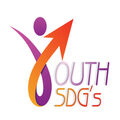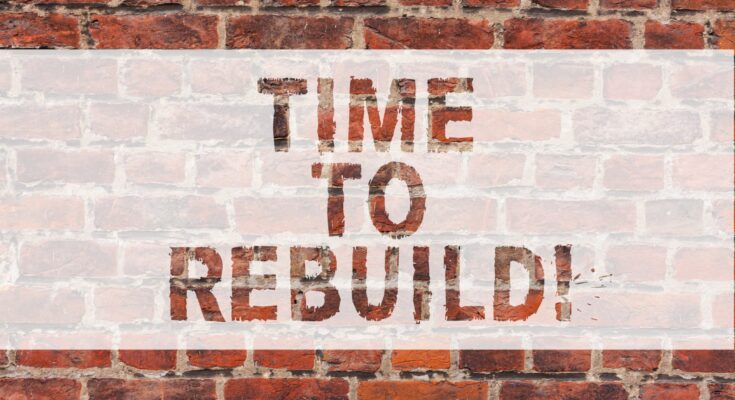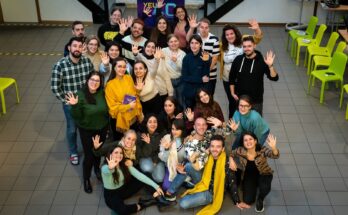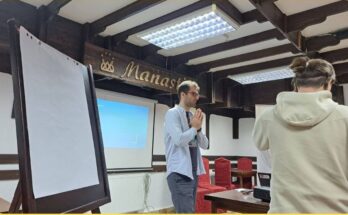The Covid-19 outbreak has affected all social segments, especially vulnerable social groups, with consequences that need to be addressed to mitigate their long-term effects. Engaging youth, whose prospects and mental well-being have been affected the most, is key to support the recovery of EU’s social fabric after such an unprecedented crisis which has strongly impacted societies across the globe. Before the outbreak, more than 50% of young Europeans perceived themselves as socio-economically marginalized based on geographical or ethnic origin, sexual orientation, etc. Already excluded from democratic life, youth now faces a higher risk of misinformation and infodemics as an obstacle to their civic participation. Conversely, a sustainable post-Covid-19 scenario requires the engagement of all sectors of society, particularly youth, whose engagement can provide great support to many other vulnerable segments of society (elderly people, people with special needs, children, students etc.), e.g. by sharing correct information or volunteering.
Youth’s engagement can also be very effective to encourage the adoption of more sustainable lifestyles in the local community, at a time when attention to the environment is becoming more important than ever to ensure the health and well being of all living beings.
With a view to enhancing young people’s preparedness to respond to such social emergencies, the action addresses these challenges by promoting youth inclusive participation in EU’s civic life, networking among youth, stakeholders and policy makers, and fostering youth’s sense of belonging to both their local community and the EU, by supporting their project ideas to contribute to the reconstruction of inclusive and greener societies.
The project REBUILDing society through youth engagement will empower youth organisations/informal groups of young people, and underrepresented young people and enhance their democratic participation, dialogue, civic engagement and networking at local and EU level to support the rebuilding of inclusive and greener societies able to better adapt and respond to the challenges of Covid-19 emergency. The action will first map social solidarity and environmental/green lifestyle initiatives carried out by youth organisations/informal groups during and in the aftermath of the crisis, and strengthen their capacities by stimulating an exchange of good practices and developing local and transnational networks, set-up through the arrangement of local round-tables and a Youth-net forum, bringing together 48 members from local networks in 6 implementation countries. Building on the good practices presented as Webzines and on the REBUILD Toolbox & Youth Manual, 168 underrepresented young people will be trained in project design and implementation and awareness-raising campaigning to foster innovative forms of civic participation. Young people divided in teams and guided by Youth Ambassadors will be directly involved in implementing their own initiatives, and in promoting them through the REBUILDCampaigns during National Contests. A winning team will be selected in each country during Local Festivals reaching out to 100 participants per country. The involved young people will engage in dialogue with foreign peers during Online Thematic Fora, an online mobility addressed to Youth Ambassadors, and during the International Youth Summit, which will be attended by Youth Ambassadors, winning youth teams and local network representatives, and during which the Strategy Paper containing policy recommendations will be presented to EU policy makers and stakeholders. REBUILD will thus connect different youth stakeholders, fostering their sense of belonging to the EU and giving them a voice in the creation of more inclusive and greener societies.
The project will be implemented by 7 partners from Italy (CESIE), Martinique – France (D’Antilles & D’Ailleurs), Greece (KMOP), Spain (AIIJ), Lithuania (Active Youth Association), Cyprus (CARDET) and Belgium (OTB).
The project is co-financed by the Erasmus+ KA3 European Youth Together Programme of the European Commission.





